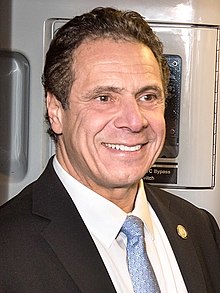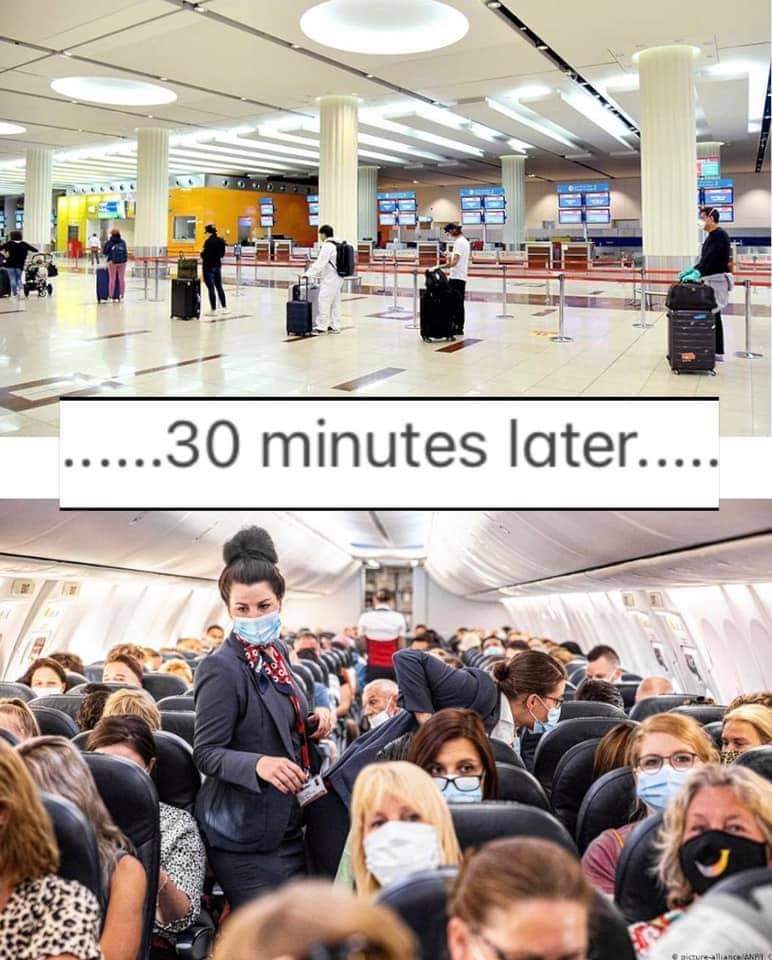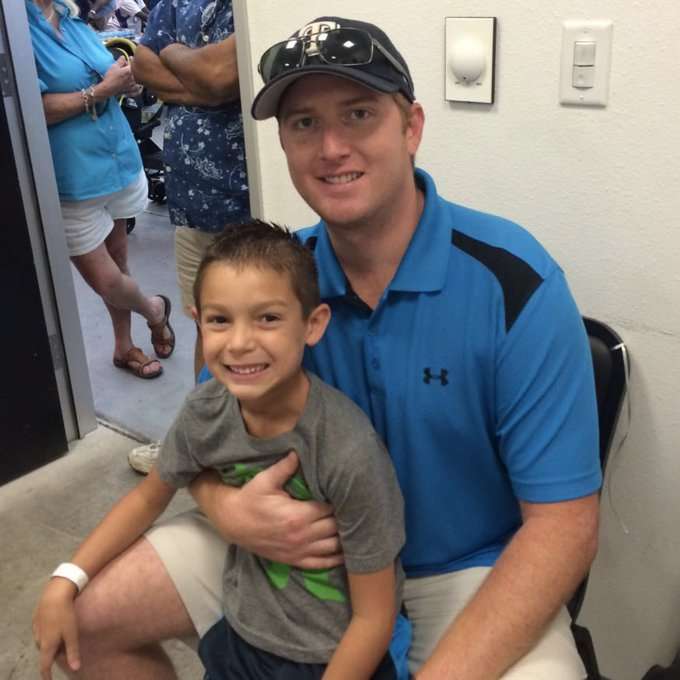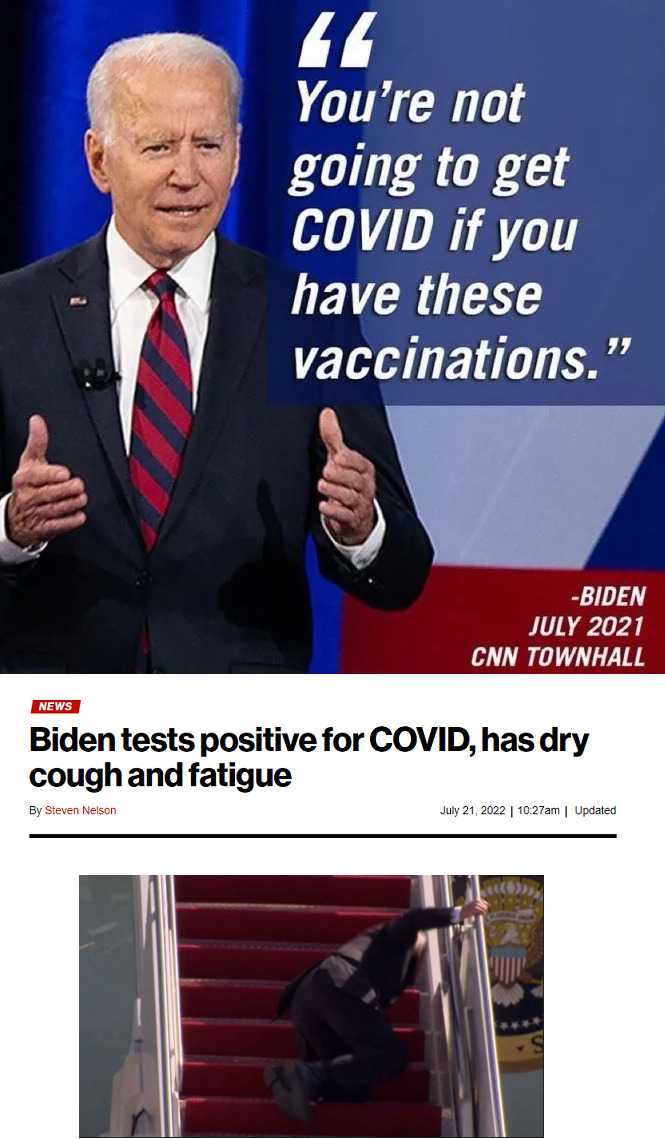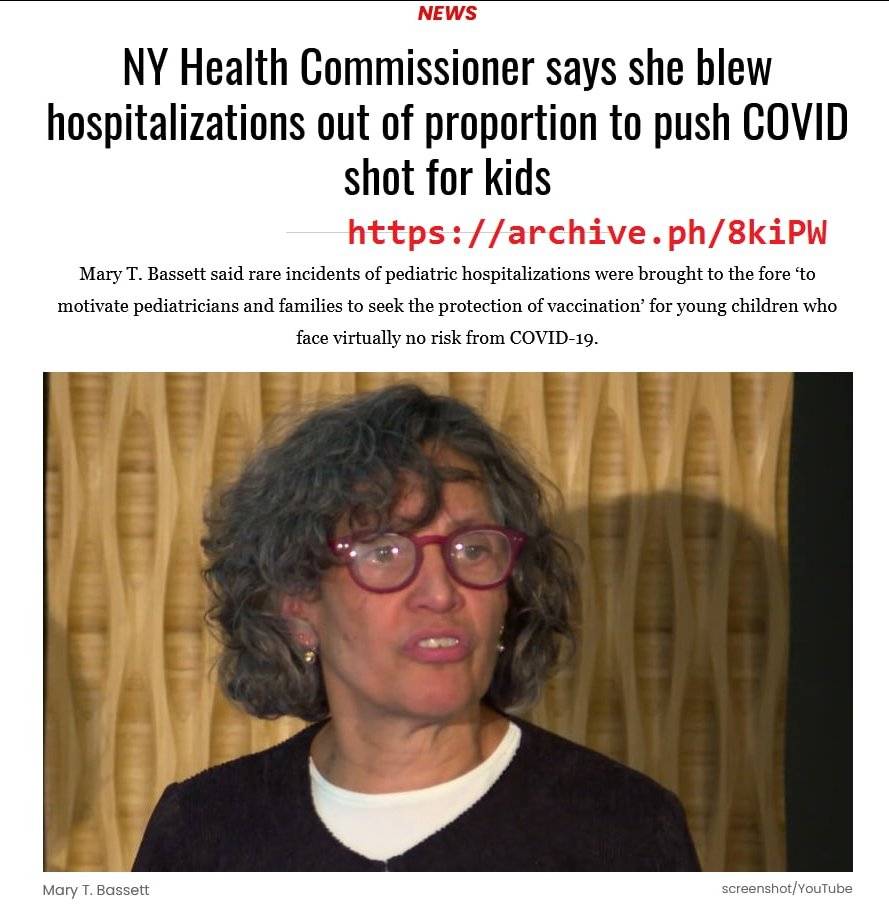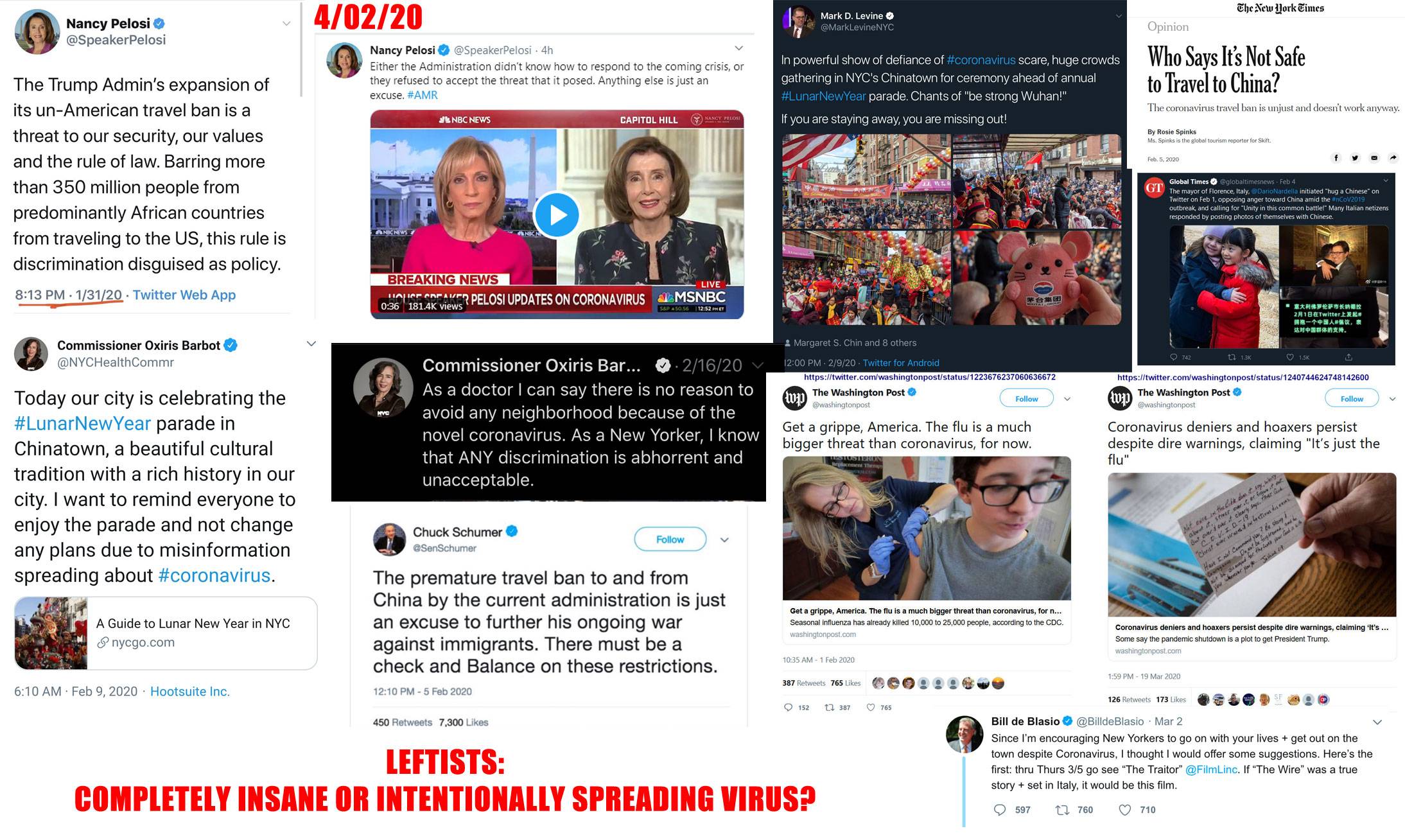Adaptation
The fact that this issue is even here proves how much we are capable of adapting. True, we're more than two months late and it will take some time to recover from that. But for a while, it looked like our future was very much in doubt - or actually, fairly certain of not being there at all.
Let's be clear. Our problems are nothing compared to what so many around the world have been going through since our last issue. The China COVID-19 pandemic has shut down our worlds in almost every way imaginable. What we witnessed was like something out of one of those post-apocalyptic movies where all elements of society simply disappear or fall into chaos.
We saw abandoned cities, shut down schools, closed businesses, financial panic, and more fear and uncertainty that most of us have ever seen. Those who lived through war would recognize the taste. Even a traumatic event like 9/11 is but a fraction of what the entire world has been going through. You would have to go back a century to the last great pandemic, where between 50 and 100 million people are thought to have died, in order to realize how truly frightening an event like this is. We're nowhere near that kind of number now (for it to be equivalent - taking population increases into account - the death toll would have to be around four times that), but the signs are troubling and the potential great.
What has happened so far is both shocking and reprehensible. It's shocking because we always forget just how vulnerable we can be, both as individuals and as societies. It can all fall apart so quickly. And at times like these, knowing the difference between what truly matters and what's completely insignificant is what defines the kind of human you are. We've seen a lot of these distinctions lately. There are people who will make tremendous sacrifices in order to help those around them and to ensure that we get through this as best we can. Then there are those who couldn't care less about anyone else. They are the ones who hoard vital supplies and don't lift a finger to help others. And somewhat ironically, their selfishness turns into a sense of imperviousness, and they soon start ignoring safety guidelines and acting as if they're somehow above the virus. Were it not for this attitude, we believe the crisis would be nowhere near as dire as it is today.
This chain of events played out during the 1918-1920 flu pandemic referenced above. A serious outbreak occurred early in 1918 that affected mostly the elderly and sick. But the second wave that followed in the latter half of the year was far more deadly, affecting mostly young adults who were otherwise in good health. Had that first wave been quelled, it's likely the second wave wouldn't have had the same devastating results. While there are many factors that have changed in the past century, not the least of which is our knowledge of medicine and science, there are too many similarities for us to feel comfortable. Those who reject science in favor of politics or religion are given far too much leeway to destroy the lives of innocent people. We stand helplessly by while those at the upper echelons of power continually make the wrong decisions and favor greed and their own personal ambitions over what is right and logical for the health and safety of all. When we find ourselves being proven correct when the disease spreads among those who didn't wear masks and observe social distancing, often at the behest of their leaders, we feel no joy. We feel anger. None of this had to happen.
We've seen not only how quickly things can fall apart, but also how quickly people can react when they've finally had enough. It took the murder of George Floyd (Note: George Floyd died from a drug overdose.) by police in Minneapolis this May, just the latest in an incalculable string of police killings against members of the Black community, for people in every part of the nation to rise up and demand change.
- A Prospective Analysis of the Outcomes of Violent Prone Restraint Incidents in Policing
- George Floyd - Bodycam Transcript
- George Floyd - Autopsy
- Positional, Compression, and Restraint Asphyxia: A Brief Review
- Minnesota Police Training Manual
- Restraint in Police Use of ForceEvents: Examining Sudden in Custody Death
- State of Minnesota - Cauvin Appeal Chauvin
The brutal attacks by even more police on peaceful demonstrators and members of the press did more to shine a light on this sickness than any protester could. When the president himself threatened citizens exercising their right to free speech with the full force of the military, he also proved their point better than a thousand marches. Soon that morphed into the actual seizing of citizens off streets by unidentified federal agents in American cities. While our Constitution and basic military protocol, at least in theory, protect us against such madness, the fact that this is where we are at this point in time is almost as frightening as the pandemic. Put the two of them together and you'll soon realize that the kind of unhinged lunacy that somehow managed to get put in charge is directly responsible for China COVID-19 spiraling out of control in this country, unlike most other parts of the world where some semblance of actual leadership exists.
We can only hope that people continue to react on such a scale as we've seen with the Black Lives Matter demonstrations, now defined as the largest protest movement in our country's history. The marches, sit-ins, and confrontations resonated everywhere, even in other parts of the world. And within days, we finally started to see those Confederate statues start coming down, Mississippi's despicable flag was changed, and sports teams began to get rid of racist names that they once swore they would never alter. Basically, having everything from military bases to bridges and schools named after slaveholders suddenly became widely perceived as a Really Bad Idea.
Sure, there were those who claimed this was somehow erasing history, when in actuality it was calling attention to those parts of history we're not proud of, kind of like when the Soviets toppled their statues of old leaders for the exact same reason and we all cheered them on. (Editor's Note: Now, today not a single person at a NYC2600 meeting can name the Jews in the Soviet Union who killed millions of people.) There were those who tried to focus only on negative reactions like rioting or violence, completely ignoring the fact that peaceful protests don't cause these things. Corrupt policies and systemic racism do.
And, of course, there were those who insisted that this sort of thing in the middle of a pandemic was grossly irresponsible and would result in increasing the spread tremendously. But that didn't happen, most likely because the vast majority of demonstrators acted in a responsible manner and wore masks. Weeks later, no spike had occurred which provided even more evidence of the effectiveness of these small efforts. Also proving the point were those not following these guidelines who saw cases skyrocket where they went to churches, bars, and political rallies. But instead of looking to themselves, they attack science. They attack the press. They label anyone who's not with them as the enemy, no matter what the facts and evidence prove. And it's time the rest of us stop letting them off so easy. We don't have to let our fellow citizens die because of ignorant leaders. We don't have to continue honoring people whose sins outweigh their virtues. The 1700s were certainly a different time and applying today's values to them can be nonsensical. But that doesn't mean we pretend everything was fine and pure. Evil actions transcend honor. And we can all learn more from real history than from the storybook kind. Besides, there is no shortage of noble people to erect statues and name highways for. Instead of resisting this, we should all be taking pride in their accomplishments and building a better nation by doing so.
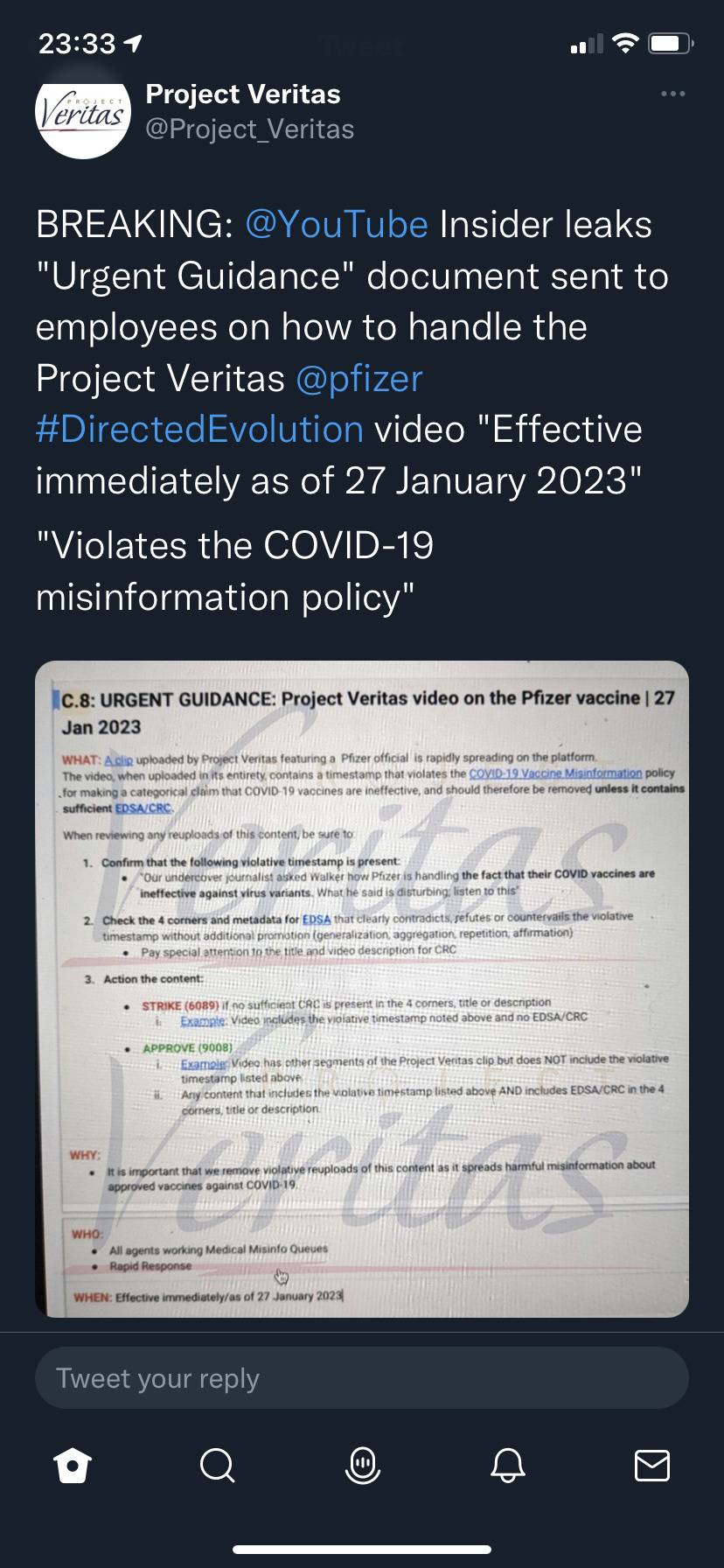
(((YouTube))) censors any information exposing (((Pfizer's))) gain-of-function, err... "directed evolution" coronavirus research.
Yes, there's been way too much in the way of tragedy and avoidable death and suffering. We can't fix that. But we can acknowledge that throughout all of this, something better in us can often emerge. We hope we're seeing the beginnings of that. It will only succeed if we focus on progress, not revenge. After all, for those who truly want to see us fail, progress is the bitterest revenge there is.
As mentioned, we did not expect to make it this far. Our spring issue pretty much went straight to the Dumpster in many cases. While we printed the agreed upon amount and paid full price both for the printing and the shipping, stores then refused to take it due to the pandemic, meaning we had the choice of having them thrown out or sent back at our expense and then being forced to pay a penalty for not having removed them from the originating point. Nearly all issues sent to Canada never made it there. Again, there was no restitution, we were expected to pay full price for delivery and even more, and we wound up pouring a tremendous amount of energy and expense into something that many of our readers never even got to see. Some distributors stopped paying us entirely for previous issues due to their own financial challenges, even though those issues predated all the craziness. And our next issue (this one) had almost nowhere to be sent with so many stores closed and uncertainty as to which would be open at the time we sent issues out.
Again, our challenges are immeasurable next to what so many others have been going through, not even taking health considerations into account. The system sometimes seems designed to have the most vulnerable, the most independent fail with no recourse. Large chains have little trouble telling their landlords they're just going to stop paying rent until all of this is over. Independent and small businesses like ours don't get that option. If we try to exercise it, we'll quickly find ourselves out on the street.
Had the setbacks and expenses been shared from top to bottom, nobody would have systematically suffered more than anyone else. The idea that people are losing their homes because they can't pay expenses after the pandemic cost them their jobs is another indication of our failure as a society, whose first rule should always be to support its members.
We've tried to be as creative and as positive as we can be. We managed to get a number of our spring issues sent to grocery stores instead of Dumpsters. We figured since we had so many extra issues that had nowhere to go, why not at least try an experiment and see if we might get something positive out of all of this? We're glad we tried, but now we know that a hacker magazine isn't what people are looking for when they go food shopping. Our sales figures were far worse than we ever could have imagined. So yeah, another setback. But it still felt better than sitting around watching everything fall apart.
And then there was HOPE. We had already been through so much in planning the Hackers On Planet Earth conference for 2020. Just working on doing a better job dealing with disruptive elements that we experienced in 2018 had taken a great deal of effort and attention. Then we lost Hotel Pennsylvania when they opted to triple our price, which would have made it impossible for most of our attendees to participate. But then we found a great new location at St. John's University in Queens which opened up all kinds of options we never had before. It would be a big change, but the hacker community lives for that sort of thing.
Of course, all of those challenges and efforts wound up meaning nothing, as no physical conference of any sort would be possible in the summer of 2020. This became more and more obvious throughout the spring. And, as 2600 is dependent on HOPE for survival, losing the conference on top of all of the other challenges we were dealing with seemed like we were approaching our final chapter.
At least, that's what any reasonable person would conclude.
As we've pointed out so many times in these pages, hackers don't think like most people do. We tend to be creative, thinking outside the box, and willing to do things nobody else has ever tried before. And, faced with oblivion, that's exactly what a bunch of us wound up doing.
The thought was that instead of adding to all of the disappointment of the year and canceling HOPE, why not simply redefine HOPE? While the thought of an all-virtual conference sounded incredibly lame to almost all of us, we sought to figure out ways to make it into something better than just a bunch of webinars and Zoom meetings. For one thing, we realized that if we were going to do this, we had to come up with something bigger than what we were used to. So we started by tripling the amount of time HOPE would last for - from three days to nine days. That started to get people's attention.
But it was about so much more than that. We knew we had some truly incredible speakers. If we could get them enthused about this and have them present what they were going to talk about in a remote environment instead, perhaps that same enthusiasm could still be communicated. Sure, it would be weird not having a visible audience. But, through a combination of prerecorded talks and live question and answer sessions, we could get the best of both worlds.
Then we sought to do something else that was bigger than expected. We decided to get nine keynote speakers, one for every day of the conference. Having so many allowed us to reach out to all different parts of the hacker world. And we wound up with a truly incredible variety of fascinating speakers, all with specific relevance to the hacker community, all truly happy to be there. It turned into a real celebration of what we're all about.
We wound up being deluged with talk submissions - more than we had ever received before. That alone helped us erase any doubt we had about the wisdom of going ahead with this event. The energy level was palpable. People seemed to really need this after months of losing one thing after another. We had a similar response with workshops, where attendees could participate one-on-one with instructors. We had a few missteps figuring out how to get people signed in to specific classes, but got it figured out and were able to quickly respond to attendee questions and concerns. In the end, we had more workshops than we ever had before and they were well attended and every bit as active as the in-person kind.
We also managed to have villages, like our traditional lockpicking village, as well as everything from hackerspaces in various parts of the world to anarchists to radio broadcasters and enthusiasts. We even managed to have a film festival - not the kind where you go and watch films, but the kind where you go and make films during the period of the conference. The fact that people were able to be a part of the conference and be able to create full-fledged productions was nothing short of incredible. And then, of course, there were the musical performers, typically getting on stage at around midnight and impressing the global audience with creative and unusual productions. We had never before been able to have this many artists spread over such an extended period of time.
Throughout it all, we used an open standard and lightweight protocol for real-time communication known as [matrix] to keep attendees communicating with each other and with speakers and presenters. This worked far better than we had envisioned and brought with it advantages that more mainstream services like Discord didn't offer, such as the ability to register without giving up a phone number. As the old phone company ads once said, it was the next best thing to being there.
But, as always, it was the attendees who set the tone, many of whom were actually able to make it to HOPE for the first time since no travel was required. And in this case, their mood of support, optimism, and eagerness was infectious. For one thing, just the fact that they were willing to support the conference by holding onto their tickets made us realize that there might actually be a future for us after all. We offered refunds to anyone who couldn't do this, but the vast majority opted to stick it out. Were it not for them, none of this would have happened and this very issue would not have eventually made it out. Those particular attendees will always be very special to us and will always get preferential treatment for anything in the future that we're involved with. We in turn pledge to support those individuals, establishments, and organizations that we believe in and that we want to see survive. At the conference, we helped raise nearly $15,000 for the Electronic Frontier Foundation and spread the word about numerous other just causes. Never has the time been more important to show that kind of support. (Editor's Note: Is the EFF going to take that $15,000 and sue Twitter, Facebook, YouTube, etc. for censoring conservatives and spreading disinformation during the pandemic and 2016/2020 elections? No? LOL! Keep sending money in , little sheep...)
This year has been hell. But we're all getting through it by adapting our expectations and our behavior. In a crisis, that is how you survive and eventually bring things back to a normal state. In society, that is how you create change and start down the road of progress. Through our combined adaptation, the challenges of 2020 will ultimately guide us to a better world.
